You’ve reached your limit!
To continue enjoying Utility Week Innovate, brought to you in association with Utility Week Live or gain unlimited Utility Week site access choose the option that applies to you below:
Register to access Utility Week Innovate
- Get the latest insight on frontline business challenges
- Receive specialist sector newsletters to keep you informed
- Access our Utility Week Innovate content for free
- Join us in bringing collaborative innovation to life at Utility Week Live
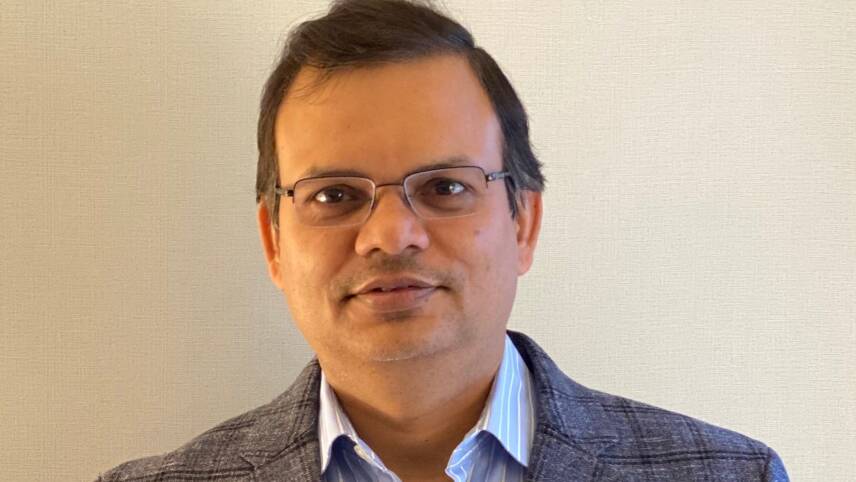
Abhishek Vinod Singh, chief executive officer and co-founder of AiDash, discusses how his firm has helped utilities harness satellites and AI to improve resilience, efficiency and sustainability, and explores the climate challenge facing the sector.
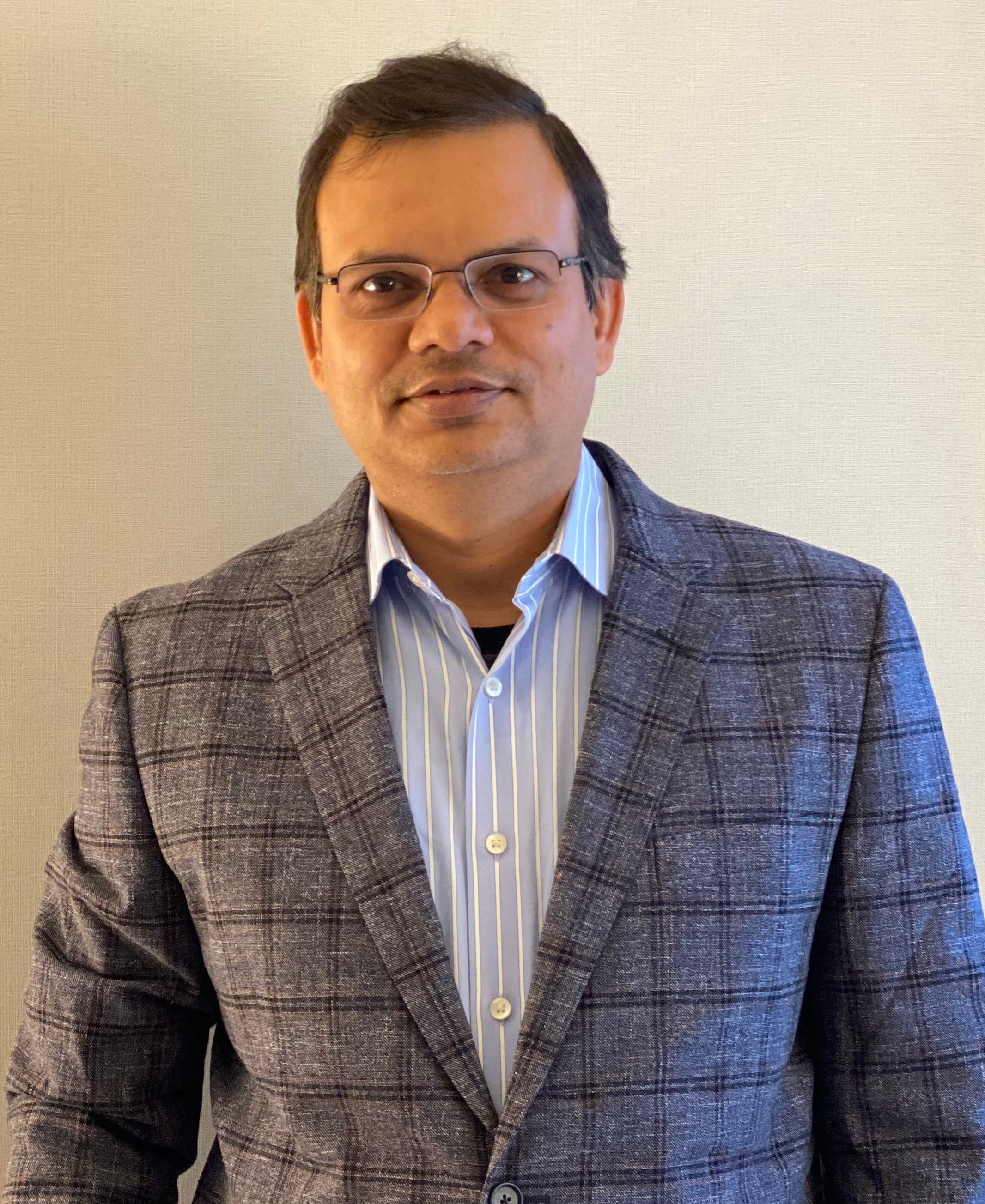 What is the most significant way that today’s utilities sector differs from the one you first joined?
What is the most significant way that today’s utilities sector differs from the one you first joined?
Climate disasters – like storms and wildfires – are now two of the biggest and costliest threats to transmission and distribution lines. These disasters are more frequent and intense than when I first started. More importantly, utilities are investing in modern technologies like satellite and AI more frequently than you might imagine.
What is the biggest challenge you’ve faced during your time in utilities?
It was California’s devastating 2018 Camp Fire. How can so much destruction and loss be prevented? It’s what inspired my co-founders and I to form AiDash to help utilities transform vegetation management with satellites and AI. Today effective vegetation management and disaster management remain serious challenges.

What is your golden rule for overcoming challenges at work generally?
My golden rule is to use small teams, align them to larger objectives, and be ruthlessly honest with each other. I found the value in this rule when I co-founded DbyDX Software and Edureka.
How would you describe your creative process in three words?
Learn, act, adapt.
What’s the best piece of advice you’ve been given?
Build for your customer, not for yourself. Focus on the customer and find the right technology to serve their need, instead of focusing on technology and then looking for a customer.
What do you think Utility Week Innovate readers would be surprised to learn about you?
I was born in a place with no electric connection at all and now I am trying to reduce power outages in a place where I assumed there are no power outages.

- Resilience, reliability and collaborative transformation to adopt technology and innovation are among the key themes at the Utility Week Forum, which will take place in London on 8-9 November. Find out more here.
What do you think is the key to creating the conditions for innovation within the utilities sector?
As a serial entrepreneur, I’ve seen the value in a rigorous focus on business outcomes. Is a legacy process still adequate? Does an alternative process perform 10 times better? Meeting the business goals is the only measure of success. But within the innovation process itself, I encourage non-intuitive explorations without penalties for those who try them and fail.
Which other industry do you feel that utilities can learn most from when creating the conditions for innovation?
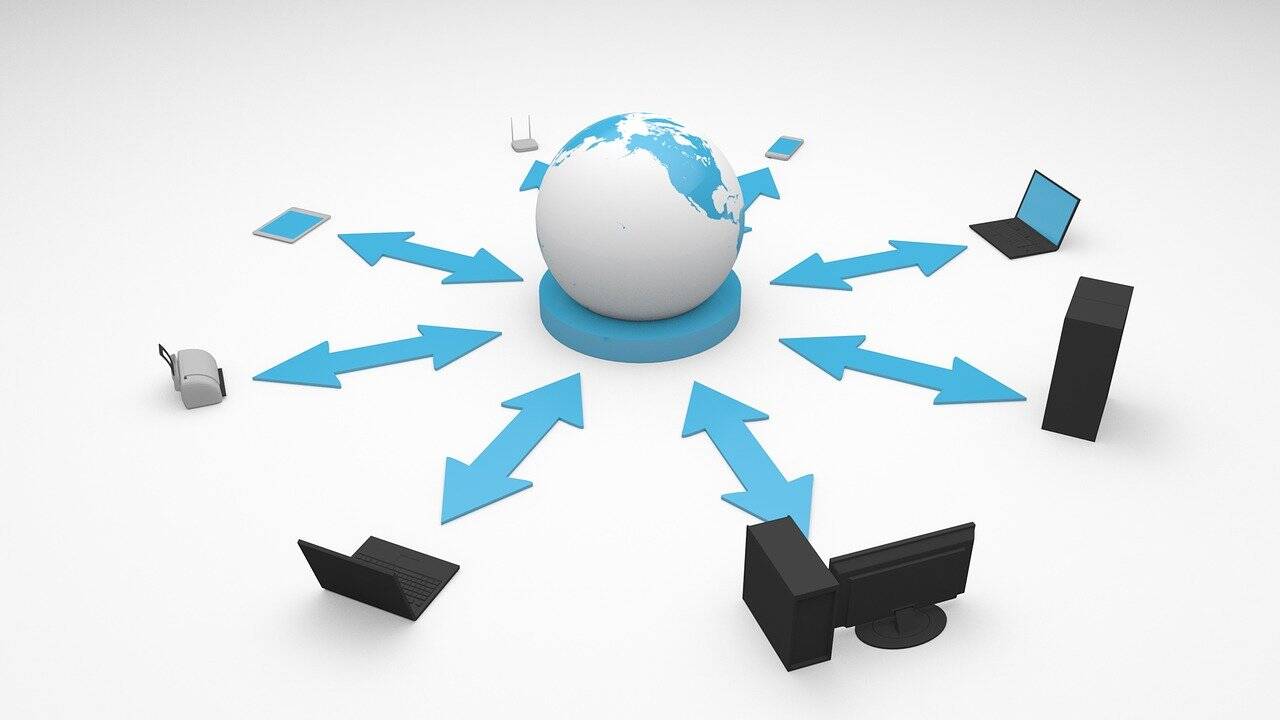 It’s not exactly an industry but software development, which requires a comprehensive view of the business need, exacting accuracy in the details of execution, the experience to know which problems are the right ones to fix, and the courage to experiment with new approaches.
It’s not exactly an industry but software development, which requires a comprehensive view of the business need, exacting accuracy in the details of execution, the experience to know which problems are the right ones to fix, and the courage to experiment with new approaches.
I would like to emphasise from my personal experience that utilities of today innovate and adopt technology at a much faster rate than many would imagine from the outside.
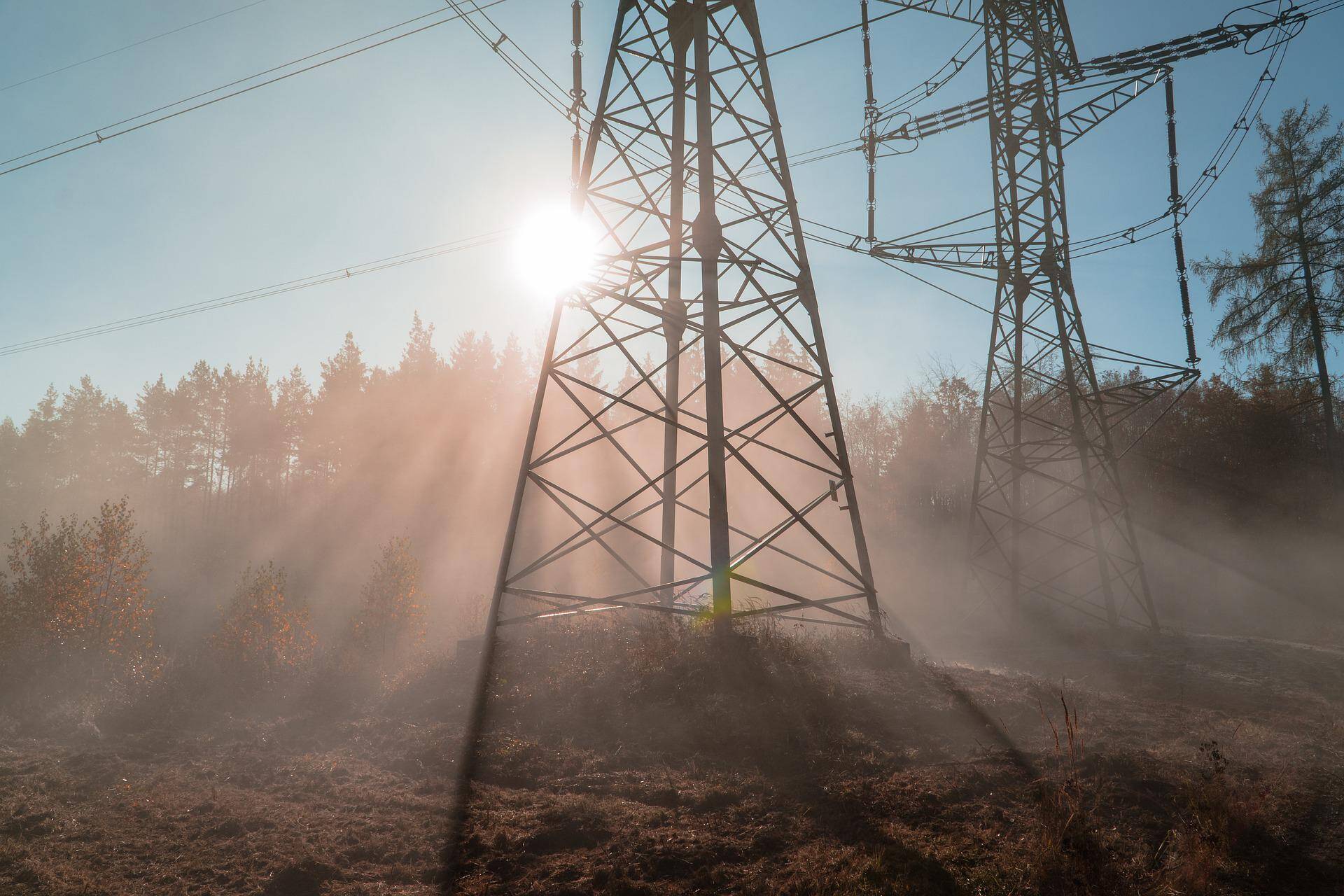
What excites you most about the next 10 years in the utilities sector – any trends, tech or specific innovations?
Innovations in climate technology will continue to grow. Not only will the use of satellites and AI become ubiquitous, but the adoption of data-driven decisions overall will continue to grow.
That, plus increasing social pressure for more sustainable operations, will help to build a new and better future for utilities and their communities.
What do you think will be the defining factor in the UK hitting its net zero targets?
Measurement is the defining factor. We need regional governments and local councils to agree to universal metrics for biodiversity and greenhouse gases along with more standards for carbon offsets.
 As part of that, we also need accepted standards for how to apply those metrics. With a common language of shared metrics and practices, collaboration is more effective among local councils and large landowners, which includes utilities.
As part of that, we also need accepted standards for how to apply those metrics. With a common language of shared metrics and practices, collaboration is more effective among local councils and large landowners, which includes utilities.
What do you think is the biggest challenge facing the utilities sector at present?
Unfortunately, climate change is the biggest challenge. Extreme weather events will continue to impact utilities’ infrastructure and increase customer interruptions.
Which issues or opportunities within the industry don’t you feel get enough airtime?
The biggest opportunity is to use data for better decision-making. Understandably, many in the industry rely on manual, fixed-cycle, traditional approaches that have worked in the past, even though technology now offers far more effective approaches. Modern, data-driven approaches help utilities make more informed decisions and build optimized long-term plans for operations, all while reducing costs, improving reliability, and achieving sustainability goals.
What is the most significant way you think the utilities sector of ten years’ time will differ from the one we see today?
The utility sector will be more resilient than ever, after a quiet revolution in operations. It won’t be easy, but it’s well within the reach of the smart minds throughout the sector.
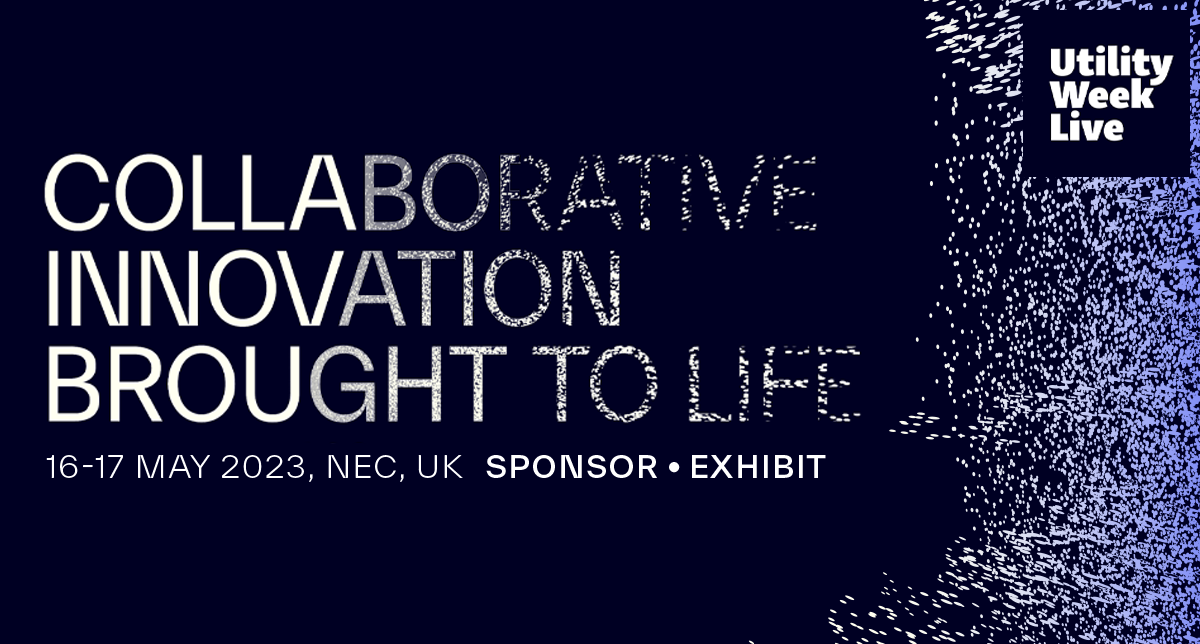 Utility Week Innovate, in collaboration with Utility Week Live aims to discover and promote innovative approaches to tackle front line business challenges through case studies, technical/project studies, networking, and live content. Be recognised as a key solution provider and meet your target audience face-to-face at UWL23. Find out more about exhibiting
Utility Week Innovate, in collaboration with Utility Week Live aims to discover and promote innovative approaches to tackle front line business challenges through case studies, technical/project studies, networking, and live content. Be recognised as a key solution provider and meet your target audience face-to-face at UWL23. Find out more about exhibiting
Please login or Register to leave a comment.